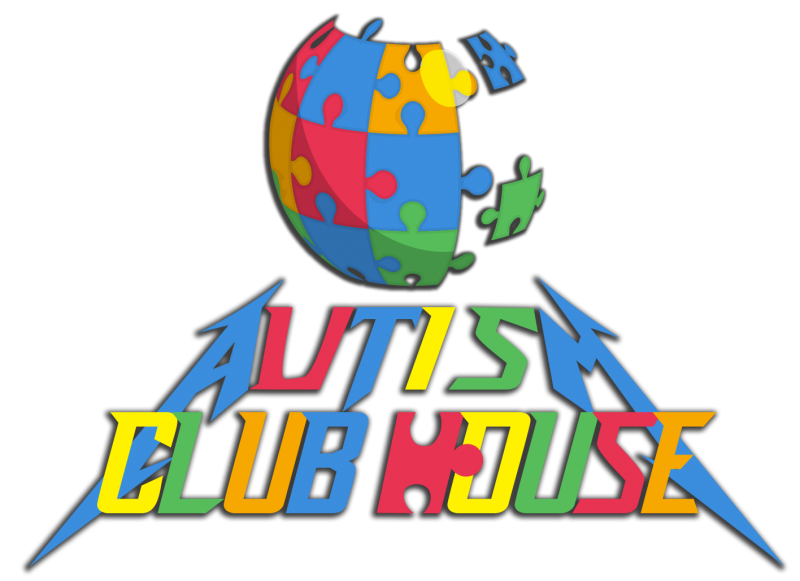The team responsible for the rehabilitation of children with autism spectrum disorder:
1: Pediatrician:
The specialty of pediatrics is one of the modern medical branches concerned with the health care of children with autism spectrum disorder, regardless of their ages. Therefore, pediatrics with autism spectrum disorder may specialize in studying the psychological and physical development of the child, and may include the treatment of various diseases and disabilities of children with autism spectrum disorder. And provide all medical and health care, whether they are newborns or in childhood and up to adolescence.
2: Pediatric psychiatrist and neurologist:
Child and adolescent psychiatry is the branch of psychiatry concerned with the study, diagnosis, treatment, and prevention of psychological, mental, and behavioral disorders in children, adolescents, and their families. It includes research in phenomenology, which is in short (the set of internal feelings and experiences that affect human behavior but is not aware of it), biological,
psychological, social, genetic, demographic, environmental and historical factors, in addition to research in response to the treatment of mental disorders in children and adolescents.
3: Nutritionist:
This specialization is concerned with the effect of food on the body, how it affects the formation of cells, the appropriate food for each age group, and determining the appropriate diet for children with autism spectrum disorder.
4: Psychologist:
– Conducting the clinical interview for the family and taking all the data on the case history of children with autism spectrum disorder.
-Doing a psychological and educational assessment, including psychological tests such as man-drawing tests or diagnostic tests such as the Stanford Binet test to measure intelligence, the Gilliam GARS test for autism, the CARS test to diagnose autism and tests that diagnose hyperactivity such as Gilliam T or Conners.
-Counseling and psychotherapy for families of children with autism and empowering them through continuous training on the best ways to deal with their children’s behavior at home and training them to generalize what the team responsible for their children applies.
-Diagnose cases in cooperation with all team members after conducting the interview, the necessary diagnostic tests, and careful observation of the child.
– Develop individual educational plans stemming from the experience of the psychologist appropriate to the child’s strengths and weaknesses, which express the child’s capabilities and meet his developmental needs, using modern scientific methods and methods such as Applied Behavior Analysis (ABA) and adapted from modern programs such as VB-MAPP and ABLLS*R to develop plans Adequate educational situation for each child.
-Developing and implementing behavioral plans to modify the behavior of children with ASD to improve their behavioral performance in different environments and form more positive behaviors.
-Training, giving lectures, participating in seminars and scientific meetings, and disseminating the knowledge and experience it possesses by all available means and sharing it with parents of children with autism spectrum disorder.
-Continuing personal, professional and scientific development and research to know everything new in the field of mental disorders and modern programs to be able to develop his performance and that of his assistant team to provide the best methods of support for children with autism spectrum disorder.
5: Speech and language disorders therapist:
Assessment of children with autism spectrum disorder using forms for assessing language and speech disorders to find out the strengths and weaknesses and to set the necessary plans for their development and development in children through the use of modern programs that focus on developing the verbal, non-verbal and cognitive aspects of language.
6: Special Education Specialist:
The special education specialist sets the appropriate educational plans for each child individually after undergoing an educational evaluation to find out the strengths and weaknesses, and adopt a program that fits with his abilities.
With the aim of developing his skills, in addition to educating and rehabilitating children with autism in their different categories, and working on providing them with the appropriate skills according to their capabilities and abilities in order to reach the best level and prepare them for public life and integration into society
The special education specialist also trains parents on how to deal with their child at home through periodic follow-up and guide them to choose appropriate educational tools and aids for use inside the home.
7: Occupational therapist:
The occupational therapist works to rehabilitate or rehabilitate the skills and abilities that help in the functional adaptation of children with autism spectrum disorder, through a purposeful and loving activity.
The main goal of occupational therapy is to develop the individual’s independence to exercise and perform daily functions
8: IT Specialist:
The information technology specialist works on the use of means of communication, advanced technology and the Internet in training, habilitating or rehabilitating children with autism spectrum disorder, in proportion to their abilities and their specific needs.
9: Physiotherapist:
The physiotherapist works to support and develop muscular abilities, motor abilities, and kinetic balance by improving and supporting bone and muscle functions, joint movement, and kinetic synergy, depending on the following:
- Muscular and kinetic exercises such as muscle strengthening exercises, muscle elongation exercises, and joint movement
- Balance and coordination exercises
- Hydrotherapy and manual massage methods
- Practice the functions of daily living (walking, jogging, sitting) if there is a deficiency in them
- Training in the use of prosthetic devices and prosthetic limbs, if necessary
As for the problems in which physical therapy plays a key role in treating a child with autism:
- Excessive activity and excessive movement
- Inactivity and lack of movement
- Imbalance of movement
- Errors and imbalances in the process of sitting, standing and walking (large movements)
- Excessive flexibility in joints
- Deformities such as curvature of the spine, flatfoot, and joint stiffness
- Stereotypical and involuntary movements
- Severe relaxation and muscle weakness
- Inability to determine distances
- Inability to control the upper extremities
- Misalignment of the legs (plugged inward or outward)
The physiotherapy program for the autistic child begins after identifying his motor problems, after the physiotherapist inspects the child and assesses his muscular and motor abilities, and measures muscle strength and movement range of the joints, and then measures the extent to which areas of the body are affected neurologically, in addition to studying the medical reports and health file if It is found, and accordingly, the child’s strengths and weaknesses are identified, and then after discussing the assessment with the specialized team, the goals and treatment plan for the child are individually developed and in proportion to the child’s medical, psychological and social condition to practice his daily life with less dependence on others and the prevention of complications.




